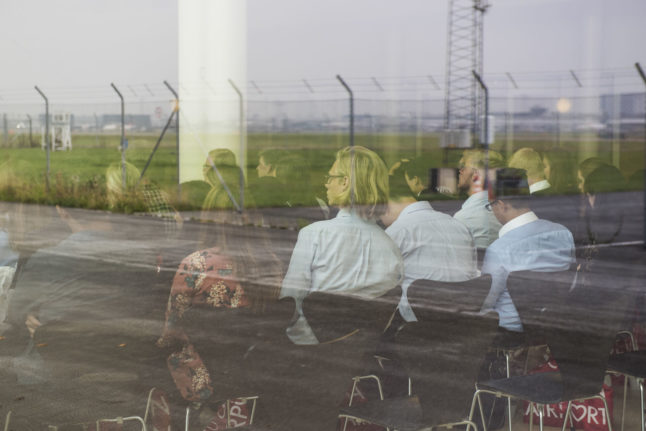Data from last week’s university intake offers showed the number of international students applying to study programmes in Denmark has increased in recent years.
Meanwhile, a reform of higher education presented by the government earlier in the summer will eventually increase the number of study programmes taught in English over the coming years.
But this comes after a period in which successive governments in Denmark have sought to reduce the number of international students at the country’s universities and higher education institutions.
A large number of English-taught spots at Danish universities were last year scrapped in a bid to reduce the amount Denmark spends on its state student grant (statens uddannelsesstøtte, SU), which foreign students with EU nationality can receive if they fulfil certain criteria.
The closure of several English-taught courses, including 56 at professional colleges (professionshøjskoler), has its roots in a 2013 political agreement to reduce SU spending on foreign students, and was formally set out by parliament in 2021.
In general, EU or EEA nationals who study full time in Denmark are eligible to receive SU if they work at a job of at least 10-12 hours per week.
The monthly student grant covers basic costs and is not repayable.
READ ALSO: SU: Can foreigners receive Denmark’s state student grant?
Two opposition parties, the left-wing Red Green Alliance (Enhedslisten) and centre-left Social Liberals (Radikale Venstre) recently called limitations on foreing students “stupid” and “crazy” in comments to broadcaster DR.
That came after a situation in which two colleges, VIA University in Horsens and the University of Southern Denmark in Sønderborg, were forced to reject several students from IT courses despite having available places.
The applicants were rejected because of limits placed by the government on English-taught programmes as part of the policy of reducing SU costs, DR earlier reported.
“This is quite crazy in a situation where we lack IT professionals and engineers to solve the complex tasks we have. I think this is a bad route to take,” Red Green Alliance lead politicial spokesperson Mai Villadsen told DR.
The IT spokesperson with the Social Liberals, Stinus Lindgreen, expressed a similar view.
“It’s plain stupid. We have businesses that really want them when they graduate. We also have local communities that really want these people to come. That’s why it’s very ridiculous to put a limit on them in relation to how many there can be, when everyone wants them to be there,” Lindgreen said.
Specifically, the 2021 political programme seeks to scrap 3,900 places on specified English-taught courses at professional colleges and academies, which primarily offer vocationally-focused education programmes.
Some 72 percent of students on the affected courses are internationals. Around 21 percent of graduates remain in Denmark to continue their careers after graduation, according to figures from the Ministry of Higher Education and Science, reported by DR.
The 2021 agreement was voted through parliament by the then-single party Social Democratic government with the backing of four conservative parties and the centre-left party SF. It took effect last year.
“It’s clear that we need to limit SU in general and in relation to foreign students. We have also said that we need to look at this again and look at the study programmes where there is interest and need for them and whether we need to change the criteria,” Lindgreen elaborated.
The Minister for Higher Education and Science, Christina Egelund of the Moderate party, told DR that she was aware of the opposition parties’ point that Denmark is depriving itself of the benefits to be gained from skilled international graduates.
“There’s no doubt that international students are one of the screws we must turn in the coming years. From 2029 and in the following years, we will be looking at some very small Danish year groups so students will be an even more finite resource than they are today,” Egelund said.
“That’s it makes sense to open the doors to foreign students, as long as we have control of our SU expenses and make likely that they will become part of Danish society afterwards,” she said.
Egelund nevertheless defended the current rules which saw international applicants rejected from the programmes identified by DR.
“There is a good reason to look at the IT and engineering sectors but as long as the legislation remains as it is, I must naturally act in accordance with it,” she said.



 Please whitelist us to continue reading.
Please whitelist us to continue reading.
Member comments